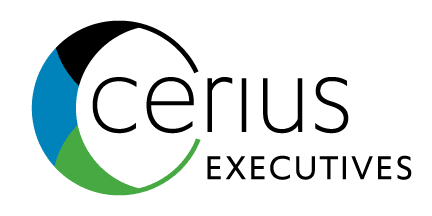CEO Productivity Tips

Success is the ultimate dream for most hard-working people. Here are a few CEO productivity tips that can help you attain success.
The fact that many have achieved it in all kinds of circumstances gives hope to those who are still on their journey. Those people you see on the cover of Forbes magazine didn’t make it on a fluke. They made it there with a combination of hard work and productive habits.
Working those extra hours certainly helps, but it alone isn’t the key to success. The one thing most successful people have in common is their passion and productive lifestyle. CEO’s get the same 24 hours as you and I do, yet they can manage to complete all their work with time leftover for their personal life and hobbies. People are amazed to hear that top executives like Bill Gates take out an hour to read daily no matter what. Where do they get the time in-between running one of the world’s largest companies and having a family, and just being a person?
At the end of the day, it’s all about focus.
CEO Productivity Tips – Focus
Envision a CEO from a comic strip and you’ll think of that guy who’s on his computer, talking on his phone and signing documents all at the same time. That doesn’t happen in real life. Successful people do not multi-task but instead, focus on one task at a time. Multi-tasking kills performance and quite possibly your brain along with it.
In a recent study at Stanford University, researchers found doing multiple jobs at the same time diminishes your ability to pay attention, recall information and switch tasks. It was also found to lower IQ scores in research by the University of London!
Narrowing all your attention to one job delivers high-quality results in shorter time. It has been proven to have a better impact on performance and a person’s morale. Surprisingly, you get more work done doing one thing at a time than multi-tasking a couple at the same time.
Focus shouldn’t be limited to only tasks, but it should be done on an organizational level as well. Remove the clutter from your life by clearing out your desk, email inbox, your car and even your house. When you have a clean desk, you can concentrate completely on the task at hand and won’t get distracted. Nothing disrupts productivity like clutter.
Not that success can’t happen in a mess. It can, depending on the person if focus is present, but it can be one of those things that can make a big difference.
CEO Productivity Tips – The 4 Ds of Productivity
Do it, delete it, delegate it, and defer it.
When you’re faced with a mountain load of work, the best thing to do is to filter your jobs through the Ds. It helps you cut out the clutter, allowing you to focus on what’s important. This model is popularly used in managing email inboxes, and could be a great start to de-cluttering your workspace.
- Do it
If the task can be done within the next hour, then get straight to it. Prioritize tasks according to their urgency and size. Start off with urgent (and preferably smaller) tasks working your way through, focusing on one thing at a time. It always feels good to tick that box on your to-do list and see the number dwindle down.
- Delete it
Get rid of those tasks that aren’t necessary and are non-productive. Drop them from your list and remove their files or emails from your desk. There are tasks that you might be doing, out of habit, which doesn’t benefit you. Delete them from your life.
- Delegate it
If you can’t complete the task within the deadline, then check and see whether or not you could forward it to somebody else. Delegate it to someone in your office, a colleague on your team or somebody from the next department. You could also hire an external freelancer temporarily to get the job done. But first make sure that the person you are delegating it to can perform the task, at least, two-thirds as good as you. Few, if any, will do it as good or the same way as you but most will at least get it done compared to sitting on your “To Do” list day after day.
- Defer it
Though you should try and avoid deferring items, it becomes necessary to prioritize tasks in a matter of urgency, leaving less urgent tasks on the deferred list. Whatever happens, do not leave it to the last possible moment and try to get it done ahead of time. Last minute work risks poor quality because it is done in a rush and falls in danger of clashing with unforeseen emergencies or jobs close to the deadline. This is best used as an alternative to “Delete it”. It can be seen the same way as not necessary or non-productive but does need to get done or you simply want to get to it at some point. Put these on a separate list, separate pile, separate Inbox. Check in on them once a week and see if you have the time to take one or two off of it. You will quickly see how many can actually fall into one of the above three categories.

